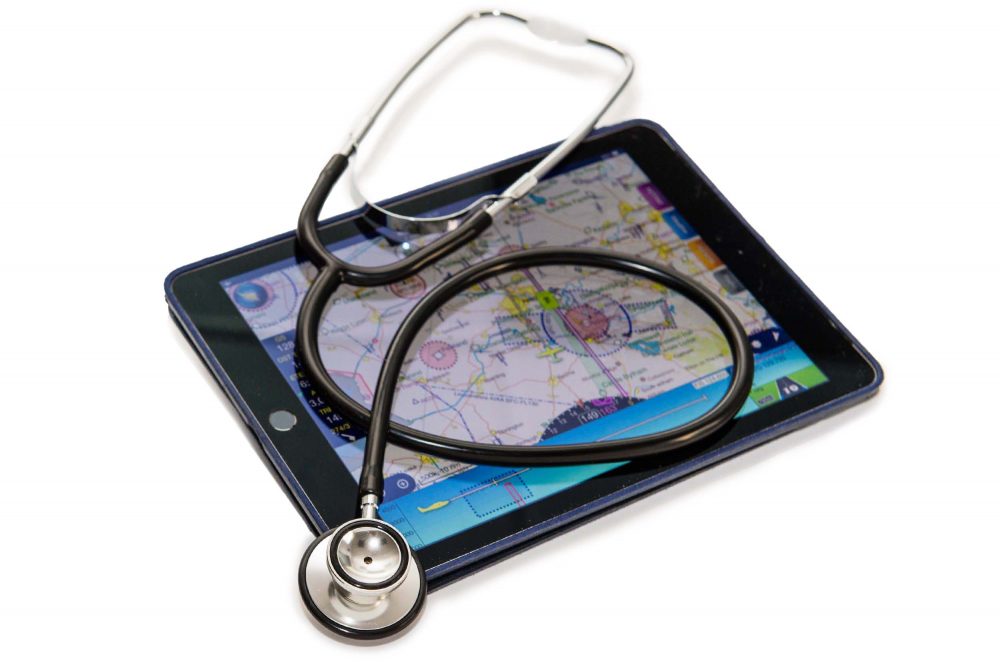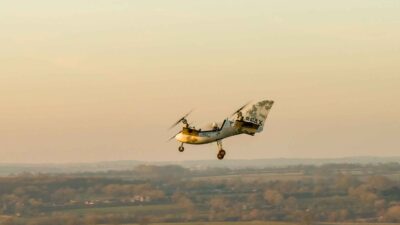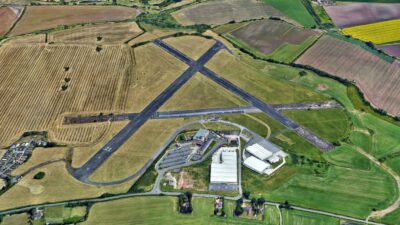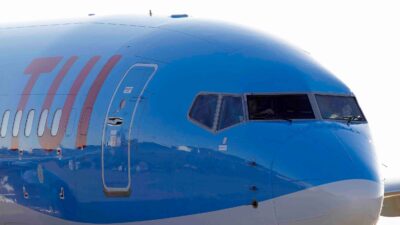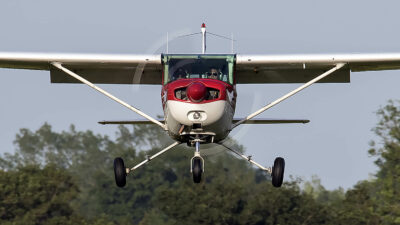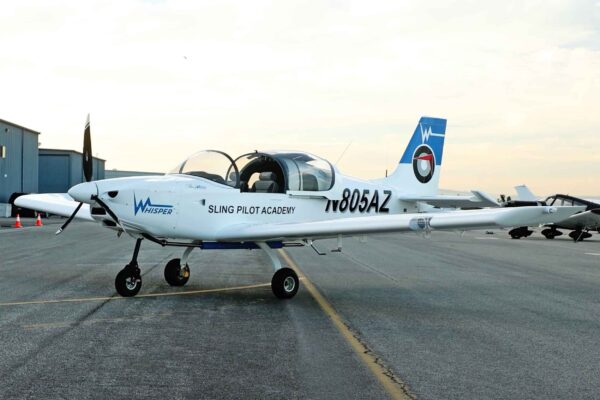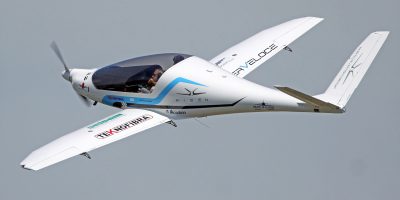Major changes to the Pilot Medical Declaration (PMD) are on the way, according to the latest review by the CAA.
The changes, which affect 14,400 existing PMD holders, include:
- Remove the 5,700kg aircraft max weight and restrict the PMD to 2,000kg or less.
- A requirement for a pilot to confirm that they hold a UK driving licence. If a pilot does not hold a UK driving licence, they will be required to submit a declaration from a GP to confirm that they meet the DVLA Group 1 driving licence standard.
- Introduce 5 yearly renewals from the date of a pilot’s first PMD until the age of 60.
- Introduce 2 yearly renewals from the date a pilot turns 60.
- A charge for the PMD.
Some of the above are a direct contradiction to what respondents said when asked in the consultation.
Example 1: The consultation response document says, “38% of respondents agreed/strongly agreed to removing the 5700kg category.” In other words, 62% didn’t agree.
What does the CAA say? “We will remove the 5700kg category and restrict the PMD to at or less than 2000kg category.”
Example 2: “64% of respondents disagreed/strongly disagreed with the suggestion that pilots should have to prove they hold a UK driving licence when submitting a PMD.”
So what’s the CAA’s response? “We will be introducing a requirement for a pilot to confirm that they hold a UK driving licence.
The CAA justified its actions saying, “We need some assurance surrounding the fitness to fly and holding a driving licence demonstrates that an individual has sufficient vision, hearing, cognition, and motor skills that are required to operate a complex machine like an aircraft.”
Download and read the document
Meanwhile in the US…
The US equivalent to the PMD is the BasicMed self-reporting scheme, and the US regulator, the FAA, has just expanded the aircraft size and passenger load permitted.
Guess what the new limit is? Yes, 12,500 pounds – the same as the UK’s current 5,700kg limit that the CAA proposes to reduce to 2,000kg. What’s more, BasicMed holders can carry up to six passengers (in the UK it’s three).
“BasicMed has been a success, and its improvement and expansion was a high priority of mine, said Sam Graves, Chairman of the House Committee on Transportation and Infrastructure.
“As a professional pilot, I know our aviation sector would not be where it is today without a strong general aviation community.”
The FAA has also concluded that BasicMed has no impact on safety, with no difference found between the safety records of pilots flying under BasicMed compared to pilots flying with third class medical certificates.
There are differences from the UK PMD. BasicMed allows a pilot to be examined by either an aviation medical examiner or his or her own state-licensed physician every 48 months. It also requires pilots to take an online medical education course every 24 months.


